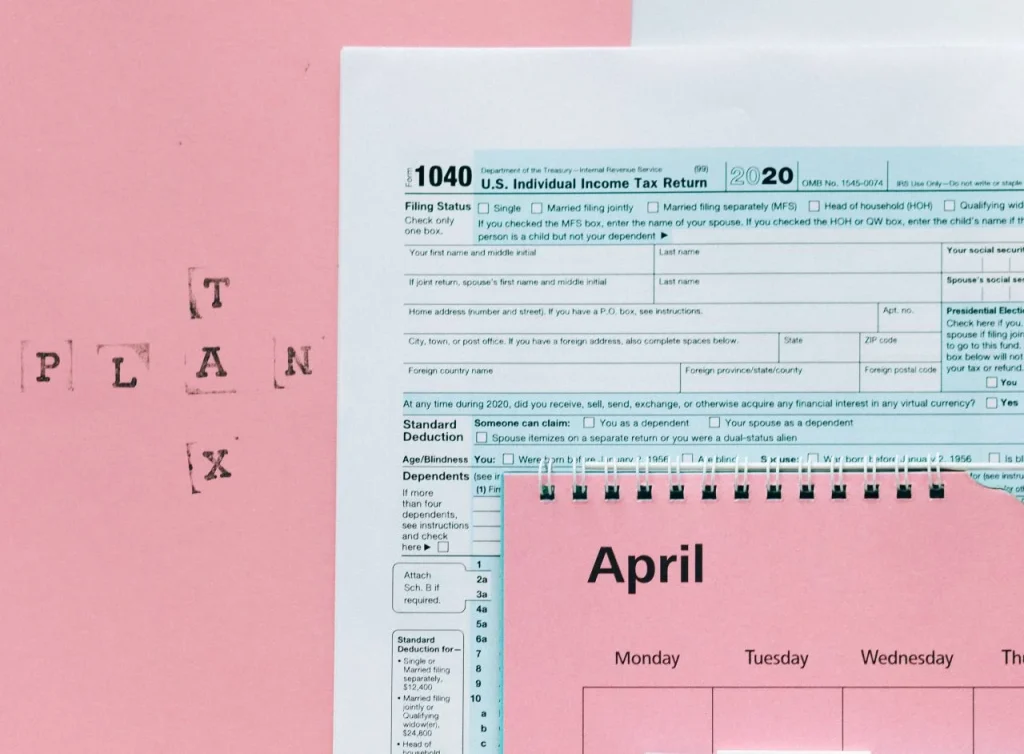As time passes by quickly and people gradually grow old, people frequently and mostly have unforeseen costs or a lack of funds to pay for basic living requirements like seniors on fixed incomes who may not have the same earning capacity as they did earlier in life may find this particularly difficult. Especially if they are residing in Dasmariñas, Cavite subdivision and owning a property such as La Mediterranea. A reverse mortgage can be a useful solution in these circumstances.
Reverse mortgage loans are a financial tool that can help seniors who are having financial difficulties get by. Then the reverse mortgage proceeds will be a much-needed source of income by enabling them to turn the equity in their property into cash. They can use this to pay for living costs, pay property taxes, and enjoy their retirement years without being concerned about money. So, here is some information to help owners and seniors on what reverse mortgage really is.
What is a Reverse Mortgage and How do Reverse Mortgages Work?

Older homeowners can access the equity they’ve built up in their houses with the aid of a reverse mortgage. Instead of making monthly mortgage payments to the lender as is the case with regular mortgages, the borrower can receive compensation from the lender when using a reverse mortgage.
Until the house is sold or for as long as the borrower lives there, these payments may continue. The loan is secured by the borrower’s equity in the home and is paid back whenever the borrower vacates the property or passes away. The amount of money a borrower can get from a reverse mortgage depends on the equity in their home, their age, and the current interest rate. As the borrower gets older, they can be entitled to additional funds.
Advantages of Reverse Mortage
A reverse mortgage can be an advantage since they can maintain their quality of life, be prepared for unexpected costs, and enjoy their retirement years in your Dasmariñas, Cavite subdivision and living inside your home comfortably without worrying about money thanks to the variety of benefits it gives.
It can generate additional revenue to support living expenditures without making monthly payments to a loan. Then the money received can be used for anything for travel, for bills, etc. Thus, provides a reliable source of income since they can convert the equity in their home into cash. Old people can also continue to live in their houses and enjoy their retirement years without having to worry about financial issues.
Disadvantages of Reverse Mortage
Although a reverse mortgage can have numerous advantages, it’s vital to keep in mind that it also has a number of drawbacks and risks.
The loan’s fees and interest may accumulate over time, leaving people with less equity than they would have had if they hadn’t gotten the loan meaning your home’s equity will be wiped out by a reverse mortgage. Furthermore, fees and interest rates on reverse mortgages can be rather costly. A reverse mortgage is also a complicated financial tool that is challenging to comprehend. Working with a financial expert or counselor will help seniors and owners to guarantee that they fully understand the loan’s terms and how they will affect their finances, also to avoid reverse mortgage scams.
Requirements on How to Be Eligible For a Reverse Mortgage

Only those who meet specific requirements are eligible for a reverse mortgage. These requirements were established to protect both parties, the lender and the borrower, and to ensure that the loan would be appropriate given the borrower’s financial situation.
To be eligible for a reverse mortgage, a borrower must be at least 62 years old, be the sole owner of the property, or have a significant amount of equity in it. They must also make the house their primary residence. When determining eligibility for a reverse mortgage, factors including financial evaluation, income, and credit history are not taken into consideration.
Types of Reverse Mortgages
Having a range of reverse mortgage choices is quite helpful for seniors who wish to use their home equity. Since individuals can choose the option that best meets their unique needs and circumstances, they have more freedom and control over their financial future. While some older citizens may decide on a lump sum payment to meet unexpected costs or set money aside for the future, all of these scenarios will have options accessible, making it simpler for seniors to choose the best financial solution.
Single Purpose Reverse Mortgage
Provided by a few non-profit organizations and federal government departments. They are designed for particular purposes like paying real estate taxes or house maintenance.
Home Equity Conversion Mortgage (HECM)
The most popular kind of reverse mortgage is provided by private lenders that have been approved by the Federal Housing Administration (FHA). They have more lenient eligibility restrictions and are covered by federal insurance.
Proprietary Reverse Mortgage
Not federally guaranteed and are provided by private lenders. They might differ from Home Equity Conversion Mortgage in terms of eligibility requirements and loan terms.
What Makes Reverse Mortgage Different from Other Mortgages and the Monthly Mortgage Payments?

Monthly mortgage payments and reverse mortgages are different types of mortgage arrangements.
With a traditional mortgage, a borrower makes monthly payments to the lender to pay off the loan over time. The monthly payments usually include both principal and interest payments, with the principal amount gradually reducing over time. As the borrower continues to make mortgage payments, their equity in the property gradually increases.
In contrast, with a reverse mortgage, the lender pays the borrower based on the equity they have built up in their home. Instead of making monthly payments, the borrower receives payments from the lender. The borrower can choose to receive these payments in a lump sum, monthly installments, or as a line of credit. The borrower’s equity in the property decreases over time as the lender pays out funds.
Therefore, monthly mortgage payments are not related to reverse mortgages as reverse mortgages do not require monthly payments to be made to the lender. Instead, the lender pays the borrower based on the equity in the property.
Is it Practical to Have Reverse Mortgages?

A reverse mortgage is an important choice, so it’s normal to feel overwhelmed and nervous about it. Be sure to carefully analyze your unique needs and circumstances before deciding whether or not to obtain a reverse mortgage. A reverse mortgage can be a smart choice for older people if they have a lot of equity in their house and are having trouble paying their bills. It might give them a dependable source of income that will enable them to keep up their standard of living and pay for unexpected expenses.
If seniors want to go with a reverse mortgage and have decided to take this opportunity, they should work with a professional to guide and provide them with information that will be vital for decision-making. Since having a reverse mortgage is a serious and personal decision, outweighing the benefits and drawbacks is a must. Having a professional will ensure that every decision will be worthwhile.
Related Blog: The Different Types of Mortgage


